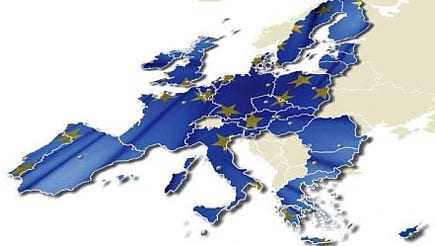
Beefed up anti-fraud measures in the European Union would require member states to do at least one targeted check annually per thousand tons of olive oil marketed within them, according to draft legislation from the European Commission.
And any person or entity holding olive oil would have to keep a register tracking entry and withdrawal for each category of oil up to the bottling stage, under another aspect of the draft amendments to EU regulation 2568/91 on olive oil characteristics and analysis methods.
“Experience has shown certain risks of fraud impeding the full effect of the consumer protection offered by regulation 2568/91,” the draft says in regard to the need for the registers.
It also talks of the need to update certain analysis methods referred to in the regulation and thus proposes two new annexes to it.
One, on spectrophotometric examination in the ultraviolet, is designed to “remedy some inconsistencies and imperfections in the method of analysis”.
Another, on determination of the difference between actual and theoretical content of triacylglycerols with ECN 42, is designed to replace the existing annex with a “more efficient method”.
The draft legislation proposes that the changes come into effect next January 1 except for new rules on member states’ reports to the EC on their conformity checks, which would come into effect at the start of 2015.
Also regarding the conformity checks, member states would have to provide much more detailed information to the EC on their testing and its results. Checks must be carried out selectively, based on risk analysis, and with appropriate frequency, the draft says.
It also says that references to “olive oil marketed” in a particular state means the total quantity of olive oil and olive pomace oil of that state that is consumed in it or exported from it.
The proposed change are understood to have the blessing of the Management Committee for the Common Organisation of Agricultural Markets and to be at an advanced state of consultation and negotiation.








